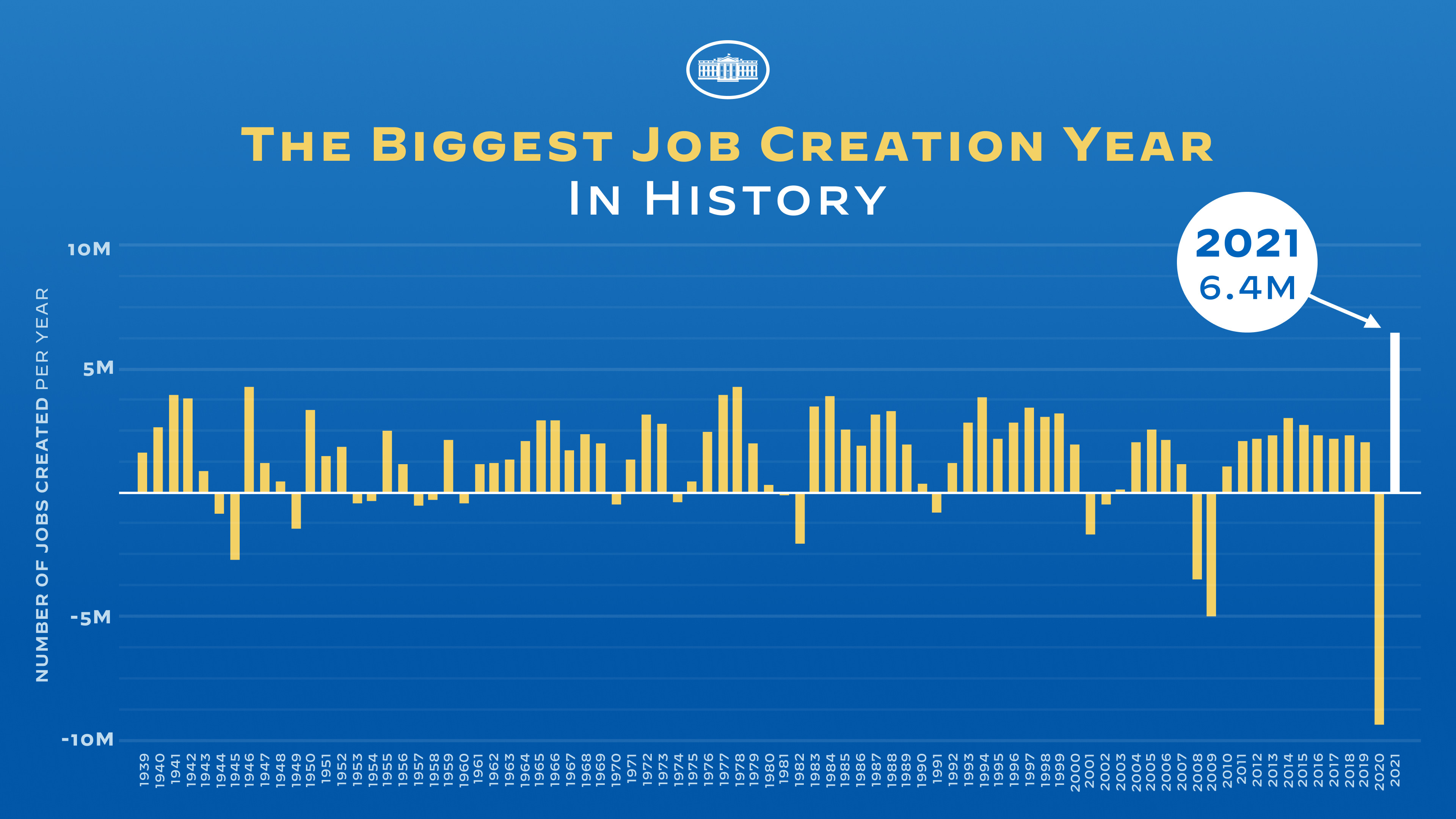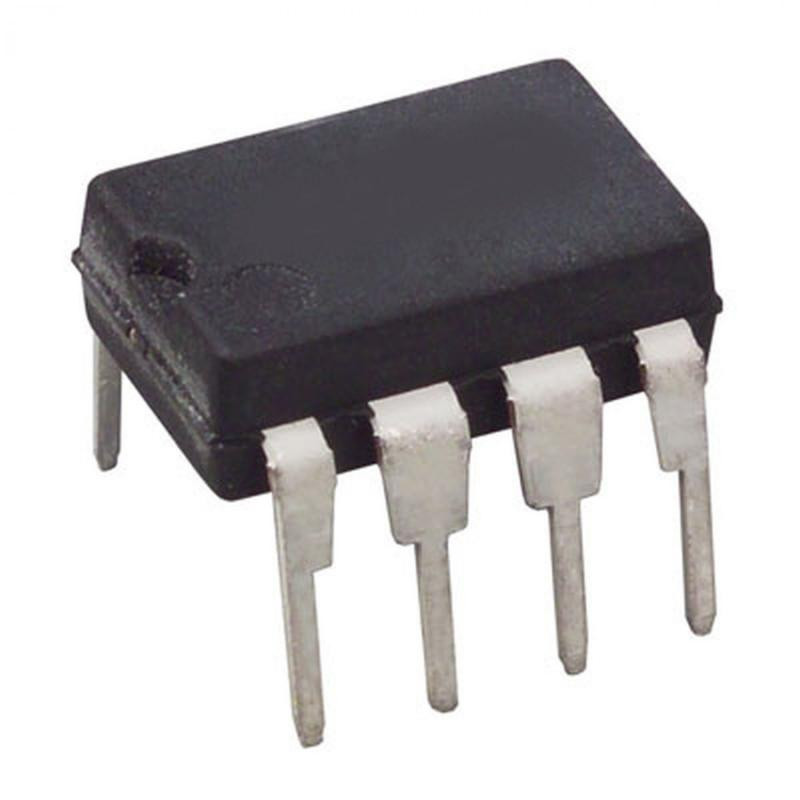After four years and three jury trials, rapper T.I. and singer-songwriter Tameka “Tiny” Harris-Cottle have won an intellectual property rights battle against a major US toymaker.
A jury in a federal court in California on Monday (September 23) ordered MGA Entertainment to pay the married couple more than USD $71 million, after finding that MGA’s LOL Surprise! OMG doll line ripped off the name, likeness and trade dress of the OMG Girlz, a girl group developed by T.I. and Tiny.
“I mean, wow. They did more than I thought they would,” Tiny told Rolling Stone. “I would have been happy with whatever. They blessed us more than beyond. We wanted to thank the jurors so bad, but we didn’t get the opportunity.”
The case involved 32 dolls in MGA’s LOL Surprise! OMG line, though lawyers for T.I. and Tiny narrowed down the focus to seven dolls they believed showed most clearly that the appearance copied OMG Girlz, a pop group that launched in 2009.
OMG Girlz is comprised of Bahja “Beauty” Rodriguez, Breaunna “Babydoll” Womack, and Tiny’s daughter, Zonnique “Star” Pullins.
Though the group disbanded in 2015, it recently re-formed, with the trio going into the studio in 2023 to record Lover Boy, their first single in more than a decade.
This year, the group has been touring with Xscape (of which Tiny is a member) and SWV as part of the Queens of R&B Tour.
MGA launched the LOL Surprise! OMG line of dolls in 2019, though T.I. and Tiny said they weren’t aware of the doll line until fans brought it to their attention.
In 2020, after lawyers for T.I. and Tiny sent a cease-and-desist letter to MGA, the toy company sued the couple, alleging that their claim that the OMG dolls infringed on OMG Girlz had damaged their business.
T.I. and Tiny countersued in 2021, accusing MGA of infringement of copyright. The first jury trial, held in early 2023, ended with federal Judge James V. Selna declaring a mistrial, after jurors heard an argument that MGA’s actions amounted to “cultural appropriation” of Black culture – an argument T.I. and Tiny had made in their complaint against MGA, but which the judge barred from the jury trial.
The second trial, held later in 2023, ended with a victory for MGA. However, lawyers for T.I. and Tiny were given leave to re-try the case after a US Supreme Court ruling – in an unrelated case – which limited the freedom of expression defense in IP infringement cases.
The third trial, held over three weeks this month, proved to be acrimonious. In testimony before the jury, MGA founder Isaac Larian argued that OMG Girlz played no role in the development of the LOL Surprise! OMG dolls, and called the three members of OMG Girlz “extortionists.”
“They were the ones that came and ripped us off, and [they] expected us to not have the audacity to stand up and speak for ourselves.”
T.I.
Meanwhile, a lawyer for MGA called T.I. and Tiny’s lawsuit a “money grab,” an allegation that T.I. rejected in comments after the verdict.
“I think that was a bully tactic, trying to paint me as the bad guy when really, they were the [bad] ones,” he said, as quoted by Rolling Stone. “They were the ones that came and ripped us off, and [they] expected us to not have the audacity to stand up and speak for ourselves.”
In post on Instagram Monday, Tiny said she had been “crying tears of joy” over the verdict.
What's Next for the OMG Girlz and MGA Entertainment?
MGA Entertainment has the option to appeal the jury's decision. However, T.I. and Tiny have won a significant victory, signaling a potential shift in the balance of power between corporations and artists seeking to protect their intellectual property. The case has garnered significant attention and sparked debates about cultural appropriation and the responsibility of companies to respect the creativity of artists.
This case serves as a powerful reminder that corporations must be held accountable for their actions and that artists deserve to be compensated fairly for their work. It remains to be seen how this case will shape future intellectual property disputes, but it has certainly raised the stakes for companies that may be considering exploiting the creativity of artists for their own gain.

















